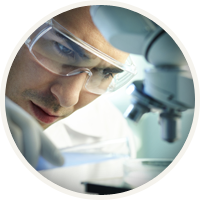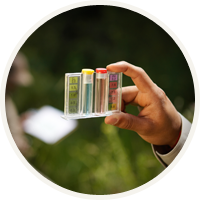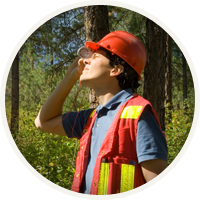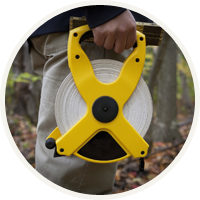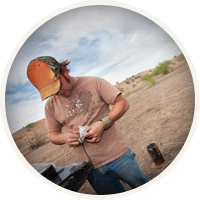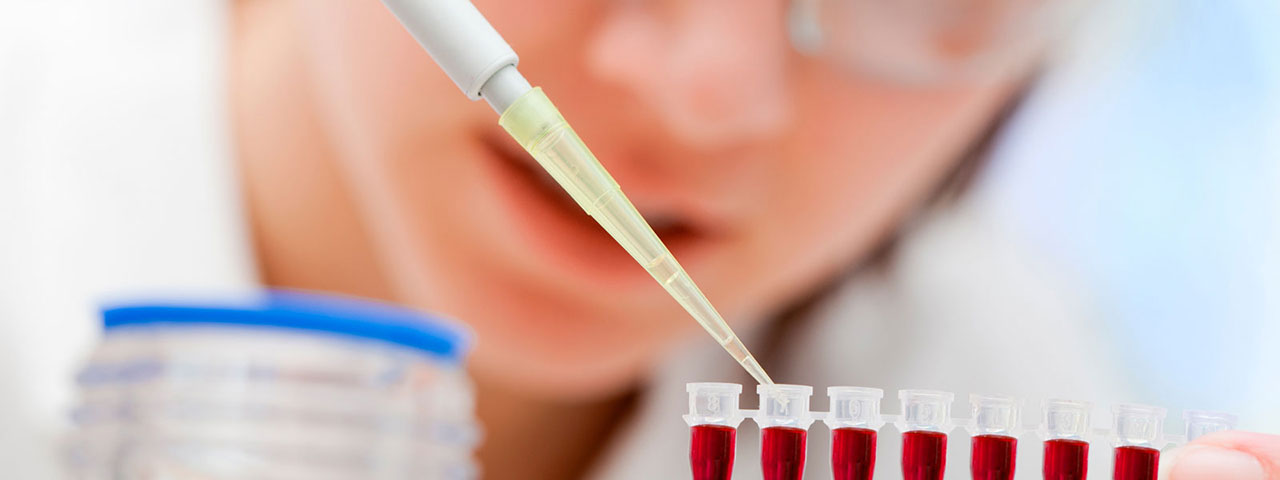
They're living under your fingernails. Crawling across the table in front of you. They're even in the process of taking over your body, right now. They're microbes—microscopic organisms such as bacteria, algae, and fungi—and they're responsible for not just making us sick, but keeping us well, digesting our food for us, and turning our waste into healthy soil. Understanding what they do and how they do it will be an important task for future scientists—and you could be one of them! Microbiologists, as the name suggests, are biologists who study microbes. They work in labs, conducting experiments to better understand these "little beasties," as they were once called by early scientists, and also work to present the findings from their experiments to non-scientists. Some of their experiments are designed to identify new and strange species collected from water, food and even human beings, while others are geared toward the development of new drugs. Who knows—maybe the cure for tomorrow's diseases will be found in the tiny world of microbes, right under (or maybe inside of) our noses!
The Details
Microbiologists can use their findings to develop new medicines for infectious diseases.
The earliest known microbiologist was Robert Hooke, who became the first person to use a microscope in scientific research in the 1660s.

